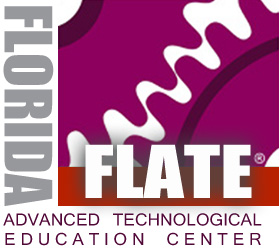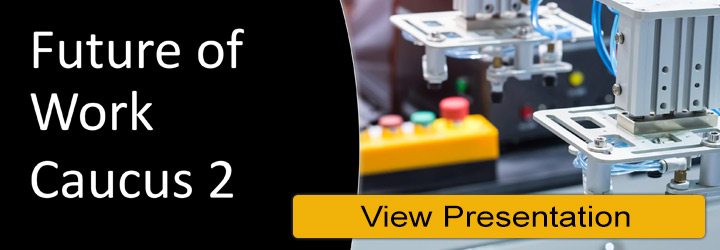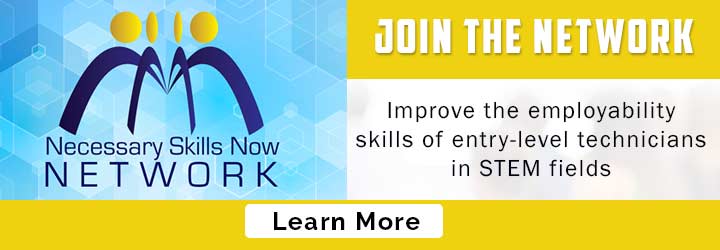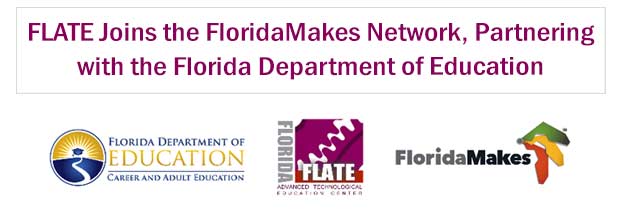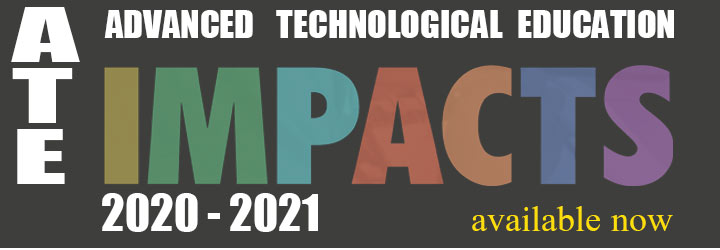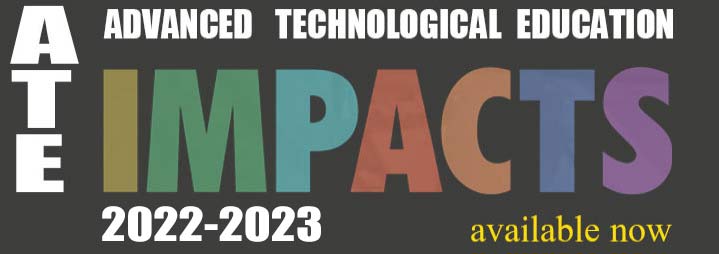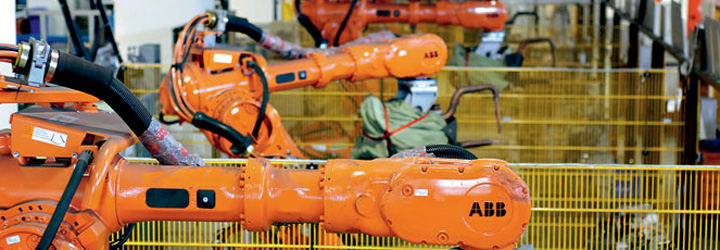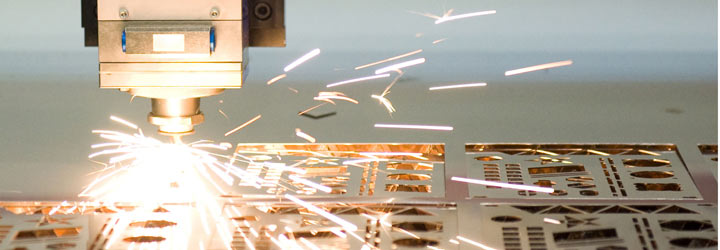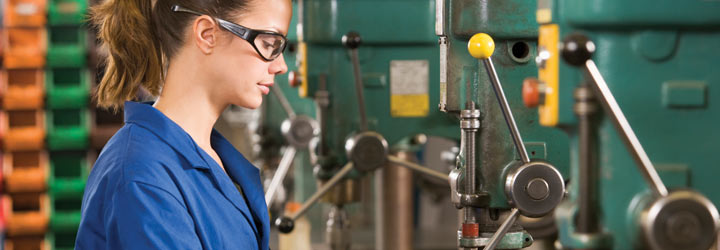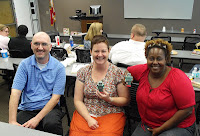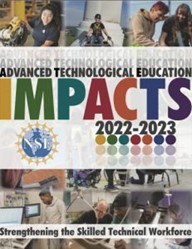Cracking the Challenge to “Engaging Girls in STEM” …..Is it OK to be a Smart Girl?
When it comes to engaging Girls in STEM (Science, Technology, Engineering and Mathematics) there is no single code, or a “one size fits all” answer. STEM based jobs and careers are exciting, challenging, and on average are among the highest paying and fastest growing in the nation. (Source: Duke Chronicle). Then too, facts and figures aside, the challenge to “Engage Girls in STEM” is ever present, leaving educators like Andi Groves and Lawanda Cannon looking for strategies to attract girls and women to STEM-based education and careers.
Cannon, who teaches health science at Sligh Middle Magnet School, and Groves an 8th grade science teacher at Monroe Middle School, both in Tampa, FL, say girls should not limit themselves to what society has chalked as traditional professions for women. “Don’t be afraid to be a smart girl” says Groves. “You can be the smart, cute girl, or a chic nerd.” Both Groves and Cannon believe girls have the ability to communicate more effectively, and have a special gift of creativity that could reveal a “softer” side of STEM and robotics. To help keep students’ creative juices flowing and gain deeper insight on how to engage girls in STEM and robotics, Cannon and Groves recently attended the three day STEM camp for teachers offered by FLATE, the National Science Foundation Regional Center of Excellence in high-tech manufacturing at Hillsborough Community College in Brandon.
The “Engaging Girls in STEM” workshop for middle and high school teachers focused on curriculum and resources designed to engage girls in STEM. The workshop, which has become one of FLATE’s staple summertime offerings, was the third of its kind, and ran concurrently with the “All Girls” robotics camp. During the workshop, participants explored and observed various facets of robotics technology, and gained insight on how it can be used within a classroom setting. Given that “our future is deeply vested in technology” the workshop according to Cannon, successfully showcased the everyday applications of STEM and how to incorporate them into her curriculum.
The workshop was built around activities, developed and presented by Dr. Marie Boyette, associate director of FLATE, and were not only “hands-on, but minds-on.” For example, the state-of-the-art “Made in Florida” lesson plans for middle and high school students offered a wealth of resources in terms of customizing curriculum to meet individual needs. The grant writing workshop was another valuable opportunity to help educators secure additional, much needed funding for some of the technology programs at their schools. In addition to providing curriculum resources, the workshop also served as a vehicle for teachers to network and share their knowledge, expertise and best practices with one another. “When I was growing up such opportunities weren’t as freely available to women. I would like to show the road ahead to my children and my students about the careers and opportunities that STEM offers” Cannon said.
Indeed, the workshop was an eye opening experience for many educators, and highlighted the importance of STEM in “encouraging girls to take on more leadership roles.” Frances Perez a business technology teacher at Burnett Middle School in Tampa who also attended the camp says she plans on using the robotic arms, that were used in the workshop, for team building exercises in her classroom. She is also interested in working with FLATE to organize field trips to local high-tech manufacturing facilities so students will be able to see robotics in action, and “be exposed to different opportunities that’ll help them make better career decisions.”
Perez is on the right path. In that, experts like Cara Morton, a current Ph.D. student specializing in structural engineering and education at the University of South Florida acknowledges educators’ role in igniting students’ interest in STEM. While mathematics and science are important, Morton says it is only 30% of the larger STEM puzzle. Being an engineer, she says, is more about creativity and problem solving, and “that” she says could serve as a hook in “engaging girls in STEM.”
For more information on the workshop, or to learn about FLATE’s award winning STEM resources visit www.fl-ate.org, or contact Dr. Marilyn Barger, P.I. and Executive Director of FLATE at barger@fl-ate.org, and Dr. Marie Boyette, associate director of FLATE at Boyette@fl-ate.org.
